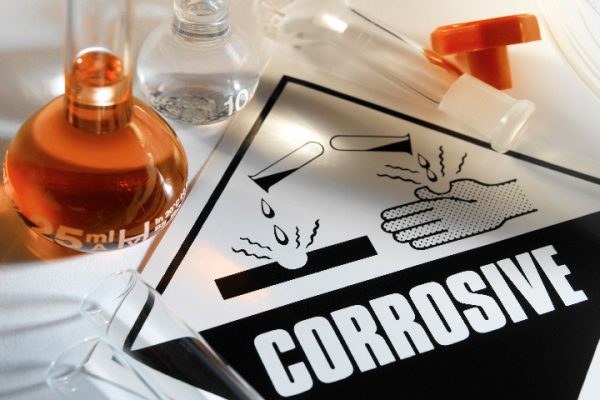Explore the use of sulfuric acid in swimming pools, its applications, and whether there are safer and more effective alternatives for pool maintenance.
Maintaining a healthy and balanced swimming pool requires various chemicals to manage pH levels, sanitize the water, and prevent algae growth. While sulfuric acid is a potential option for pool maintenance, it’s essential to understand its specific applications, safety concerns, and whether there are better alternatives. This article will discuss the use of sulfuric acid in swimming pools and provide recommendations on whether to use it or opt for a different option.
Sulfuric Acid and Its Use in Swimming Pools
Sulfuric acid (H2SO4) is a strong, corrosive acid commonly used in various industrial applications, such as battery manufacturing, fertilizer production, and water treatment. In swimming pools, sulfuric acid can serve as an alternative to muriatic acid (hydrochloric acid) for lowering the pH and total alkalinity levels.
Although sulfuric acid can be effective in adjusting the water balance, it’s not commonly used in residential pools due to its highly corrosive nature and the availability of safer alternatives.
Safety Concerns with Sulfuric Acid
Handling sulfuric acid requires extreme caution as it poses several risks, including:
- Corrosion: Sulfuric acid is highly corrosive and can damage pool equipment, including pumps, filters, and heaters, if not used correctly.
- Toxic fumes: When added to water, sulfuric acid produces toxic fumes that can cause respiratory issues if inhaled.
- Skin and eye irritation: Direct contact with sulfuric acid can lead to severe skin burns and eye damage. Proper protective gear, such as gloves, goggles, and a mask, is necessary when handling this chemical.
Alternative Options for pH and Alkalinity Control
Given the risks associated with sulfuric acid, several safer alternatives are commonly used for pool maintenance:
- Muriatic acid (hydrochloric acid): Muriatic acid is a popular option for lowering pH and total alkalinity levels in swimming pools. While still corrosive, it is generally considered safer and easier to handle than sulfuric acid. Always wear protective gear and follow the manufacturer’s guidelines when using muriatic acid.
- Sodium bisulfate (dry acid): Sodium bisulfate is a granular acid that can be used as a safer alternative to liquid acids. It’s easier to store and handle, making it an attractive option for residential pool owners. Follow the manufacturer’s instructions for dosage and application.
While sulfuric acid can be effective in managing pH and total alkalinity levels in swimming pools, its highly corrosive nature and associated safety risks make it a less desirable option for residential pool maintenance. Safer and more commonly used alternatives, such as muriatic acid and sodium bisulfate, provide effective pH control with fewer hazards.
When managing your pool’s water chemistry, always prioritize safety and follow the manufacturer’s instructions for handling and applying chemicals. By choosing the appropriate products for your pool and maintaining a regular maintenance routine, you can ensure a clean, healthy, and enjoyable swimming environment.
???? Recommended Products
Based on the topics covered in this article, here are our top product picks to help you maintain a healthy, sparkling pool:
- Dolphin Nautilus CC Plus Robotic Pool Cleaner (~$800) — Top-rated robotic cleaner with CleverClean technology — scrubs walls, waterline, and floor with zero effort from you.
- Pentair SuperFlo VS Variable Speed Pool Pump (~$850) — Energy Star certified variable speed pump — can save up to 80% on energy costs vs. single-speed pumps.
- Hayward W3HP21404T HeatPro Heat Pump (~$3,200) — Energy-efficient heat pump warms your pool using ambient air — far cheaper to operate than gas heaters.
- Taylor K-2006 Complete Pool Water Test Kit (~$90) — The gold standard for pool water testing — measures chlorine, pH, alkalinity, calcium hardness, and CYA with laboratory-grade accuracy.
- AquaChek 7-Way Pool & Spa Test Strips (100 ct) (~$17) — Quick and easy 7-parameter testing for chlorine, bromine, pH, alkalinity, hardness, and CYA — perfect for routine checks.
- In The Swim 3-Inch Chlorine Tablets (25 lbs) (~$70) — Slow-dissolving stabilized chlorine tablets for consistent sanitization — fits most floating dispensers and chlorinators.
As an Amazon Associate, we earn from qualifying purchases. Prices are approximate and may vary.
